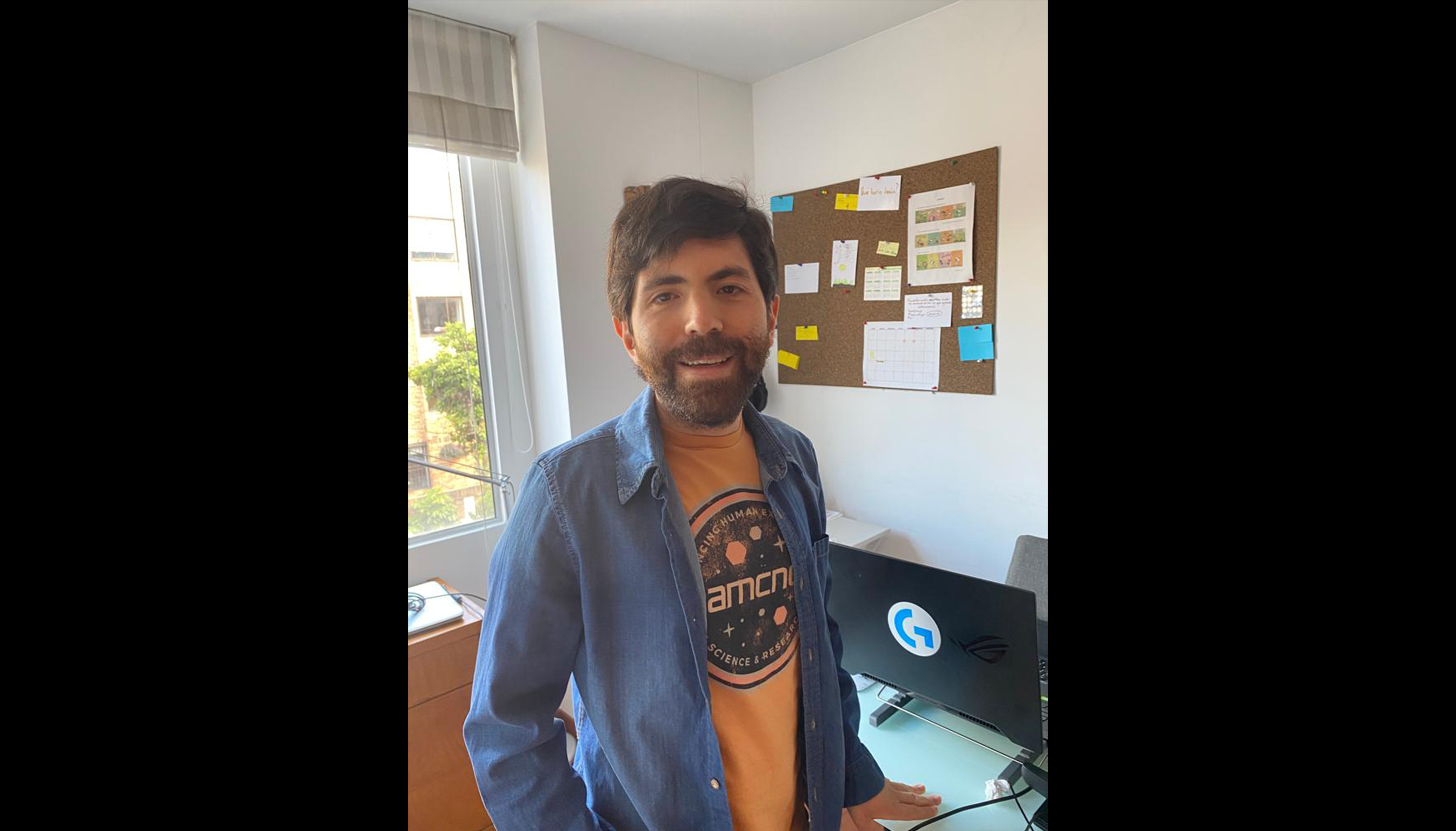By Dana Yamashita
Imagine a future where autonomous cars, often referred to as driverless cars, don’t require a driver to take control of the vehicle at all. In fact, a fully autonomous car wouldn’t even require your presence — it would be capable of making its own choices, and instead of driving you to the store, it could “decide” to take you to work. Although our technology is not quite this advanced, we do have self-driving cars, which currently require some human intervention.
Daniel González is a doctoral student at Rensselaer Polytechnic Institute (RPI) working as part of the Artificial Intelligence Research Collaboration (AIRC), a joint venture between RPI and IBM focused on advancing artificial intelligence (AI) through interdisciplinary research. González is pursuing a Ph.D. in decision sciences and engineering systems and his area of expertise is human and AI collaboration and applying it to human-centered scenarios.
González received a bachelor’s degree in industrial engineering in Colombia, but was interested in learning more about how people make decisions and the effect of those decisions on society or systems around them. He also wanted to expand his knowledge in cognitive science and computer science and found the AIRC offered many opportunities.
He strives to better understand how people and autonomous agents, such as cars, work together toward a common goal. Currently, even if self-driving mode is activated, a driver must remain attentive and be prepared to change to manual mode if necessary, meaning the car is not fully autonomous. “How do we define what ‘attentive’ or ‘prepared’ means?” González said, “These and many other concepts like ‘trust,’ ‘improvisation,’ and ‘creativity’ are difficult to define in a way that an agent can understand.”
In addition to making sure people can communicate to, or with, their agent, González is asking how agents can engage with a human — how can they communicate to us how and why they act in a certain manner. “If we answer these questions, we can design agents that are better suited to interact with humans and are both comfortable and engaging for humans to use,” he said.
“Daniel’s work with his RPI advisers and his IBM mentor, David Piorowski, is an example of how the AIRC’s AI Horizons Scholar program helps us pursue sustained work on important projects like this, and make substantial contributions to the future of human-AI interaction,” said James Hendler, director of the AIRC and Future of Computing Institute, and the Tetherless World Professor of Computer, Web, and Cognitive Sciences at RPI. “In particular, Daniel’s work is helping to make the results of powerful AI systems more explainable and trustworthy for their users.”




